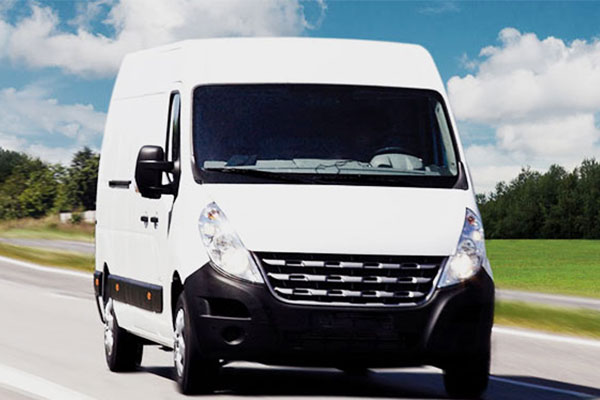
Common Risks Couriers Face
Couriers provide an essential service to homes and businesses all over the country, oiling the cogs of industry and commerce every day. However, courier delivery is a rather high-risk area so having some sort of insurance protection in place is rather important. With this in mind, here are a few examples of the most common risks that couriers are exposed to as well as the types of insurance that can protect against such mishaps.
Accidents and Breakdowns
Driving plays a major role in a courier’s day-to-day duties, with some expected to travel long distances on a regular basis. Naturally, this increases the chance of accidents. And given that a courier’s vehicle is in almost constant use during a typical day, breakdowns can become a regular hazard. As a result, standard UK motor insurance is insufficient for courier drivers. Instead, specialist cover is required which can protect against a far wider variety of incidents.
Theft of Vehicle
Opportunist thieves are the bane of a courier’s existence and can strike at any time. Unfortunately, drivers under severe time constraints can sometimes forget to lock their vans which can give thieves ample opportunity to steal. It is worth noting that some policies can become invalidated if the policy holder didn’t take any precautions to protect his or herself from such an occurrence. Notwithstanding this, some couriers, especially those who are self-employed, operate older vehicles that don’t have the types of anti-theft devices found in modern vans or trucks. Such vehicles can prove soft targets for thieves due to the fact that they’re often far easier to get into.
Theft/Damage of Goods
Theft or damage of the actual goods being delivered is also a pretty common occurrence with unscrupulous thieves often targeting courier vans. In addition, items can sometimes get damaged during transit, especially if it’s part of a wider load. So goods in transit insurance can be an important component of any good policy, protecting a third party for who certain items are being transported against loss, theft or damage. There are different kinds of GIT insurance with some insurers only willing to cover ‘theft-attractive’ items, while others (in fact most) refuse to insure the transport of livestock or hazardous goods.
Third Party Injuries
Third party injuries are unfortunately a fact of life when it comes to the mass transit of goods, with hundreds of claims filed each day. Sometimes couriers shed their loads which can cause injuries to third parties. Other times, injuries are caused by the vehicle itself. Regardless of the cause, public liability insurance is very important for those using a vehicle for business purposes. Many insurance policies include public liability as part of a goods-in-transit plan so both the third party and the driver are protected.
These are just some of the risks to which couriers are exposed regularly. Therefore, having a
robust and flexible insurance policy in place that can protect against such occurrences is something of a no-brainer for any courier company or driver.